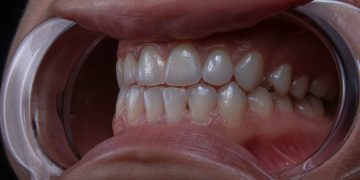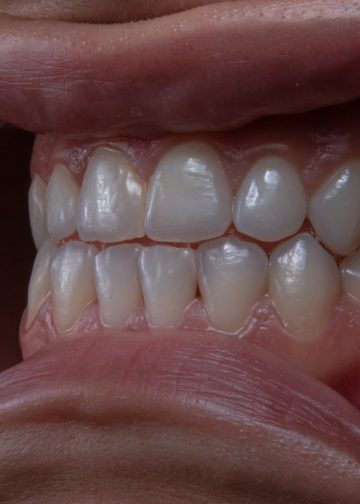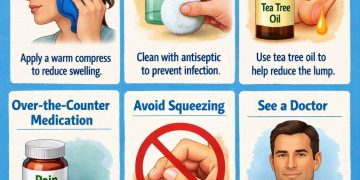Essential oils have been in use from ayurvedic times. Recently, they are again getting a big hype and have been creating a buzz in the market. Essential oils are beneficial to us, and in some cases, some of them might cause a reaction.
It is essential to know the amount and type of essential oils we are using and which works better for us. They don’t contain a cure or treatment for ailments. But on the other hand, they have various health benefits.
Essential oils are somewhat controversial in terms of the side effects and whether or not they have medicinal properties.
Let’s find out the basics of essential oils and how we can incorporate them into our daily lives!
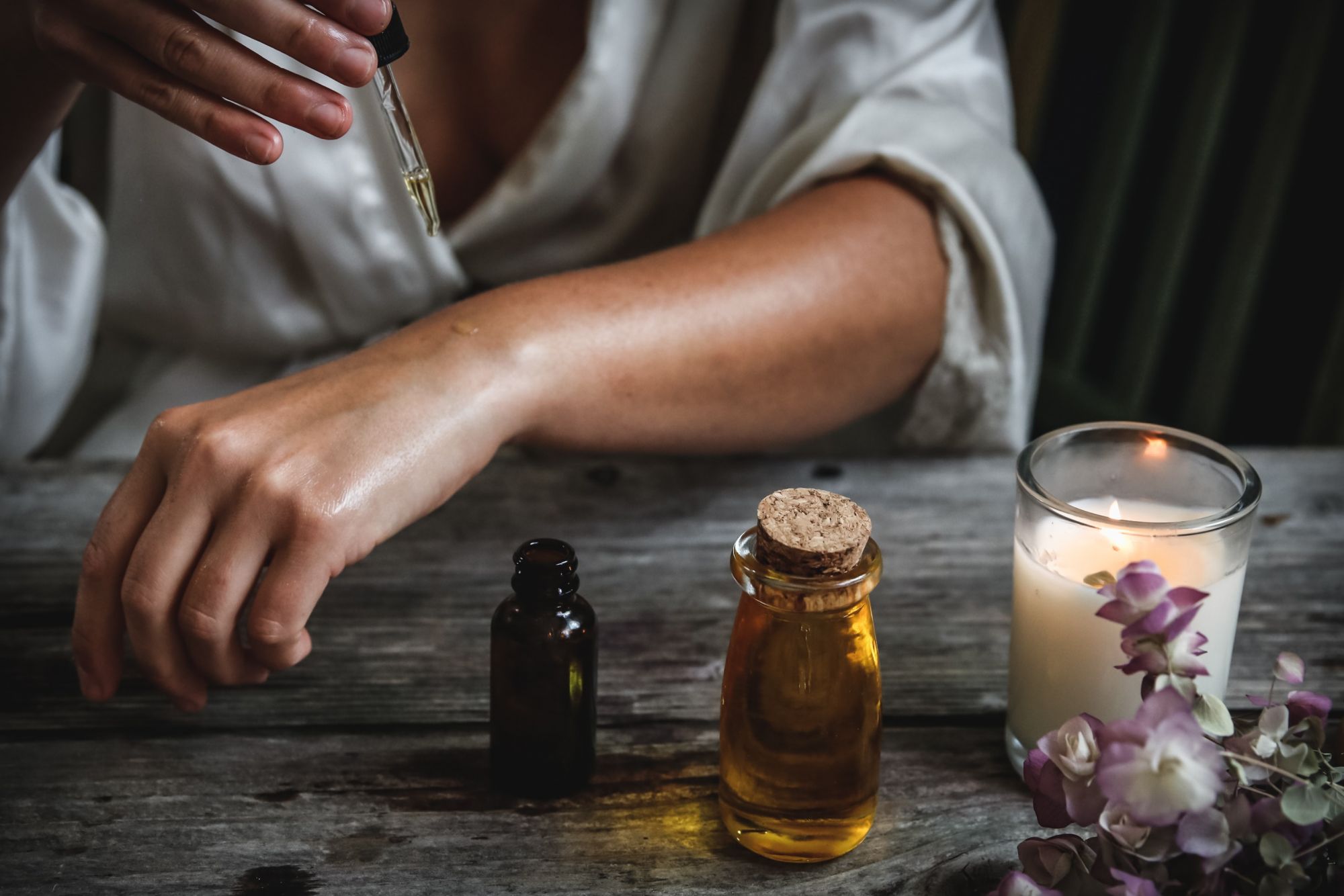
What Are Essential Oils?
Essential oils are highly concentrated extracts of plants that are then distilled into oil. They carry a very potent smell and signature of the plant due to its highly concentrated form.
Through the extraction, useful compounds inhabit oil containing a higher level of active ingredients. The compound extracted would depend upon the type of plant used.
The extraction process is accomplished by steaming or pressing various parts of a plant (flowers, bark, leaves, or fruit) to capture the compounds that produce fragrance. Several pounds of a plant produce a single bottle of essential oil.
Any oil obtained through the chemical process is not considered to be the pure form of the essential oil.
How To Use Essential Oils?
Essential oils are meant to be inhaled through various methods or applied to the skin. They are not intended to be swallowed or put in any form of food or medicine.
Always use good quality, essential oils. Diluted or low-quality oils can do more damage or do nothing at all.
The best way to use essential oils is with a carrier oil like almond oil, jojoba oil, or coconut oil. When used directly on the skin, they may irritate as they are in a highly concentrated form. With carrier oil, they can be massaged into the skin.
Another way to use them is with accessories such as necklaces, bracelets with absorbent materials. Aroma sticks are also another way to use essential oils. These are readily available in the market and are somewhat economical.
Inhaling the aromas of these oils can stimulate areas of our limbic system. Memory formation has limbic system involvement in it. That is why certain smells can trigger memories and emotions.
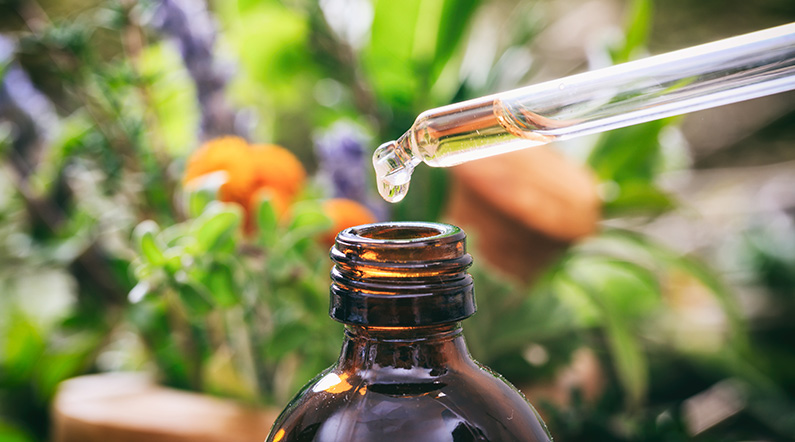
What To Look For While Buying?
Essential oils vary in quality from brand to brand. The FDA does not regulate them, so it makes it a little hard to find the pure oils. Make sure they are not produced through a chemical process.
Oils labeled with the Latin name of the plant and sold in dark glass bottles (cobalt or blue) are to be looked at. Plastic bottle oils are a big NO as essential oils dissolve plastic. Hence, ending in contamination of the oil.
Usually, essential oils are sold in little bottles. Remember to differentiate between fragrance oils and essential oils.
Some of the oils are more expensive than the other ones.
Such as, sweet orange oil is less expensive than rose oil or sandalwood oil. Buy the one that suits you the best. If a costly oil is available at a lower price, it probably isn’t pure.
Health Benefits of Essential Oils
Sleep Problems
Lavender oil is used for relaxation and a good night’s sleep. It improves sleep quality and improves mood as well. You can use it on the skin or use some on the pillow you sleep on.
This will ensure that you sleep soundlessly and help you calm and relax your body.
Headaches
Chamomile oil is used for relaxation and to ease the stress. It also may help treat headaches and migraines.
Diluted peppermint oil relieves stress when applied to the temples. It is also used to alleviate pain.
Anxiety and Stress
Essential oils have a positive effect on us. Studies have shown them to treat anxiety and stress.
Ylang Ylang has a sweet smell and is instantly relaxing and has a soothing effect on the body and relieves tension.
Geranium, sweet orange as well as cinnamon has a refreshing effect and improves our mood.
Lemon boosts mood and energy and relieves anxiety and helps promote weight loss.
Inflammation Reduction
Many of the essential oils have an anti-inflammatory effect on the body. Acne is treated by them and sometimes healing is promoted.
They may boost the immune system as well and can treat dandruff and fungal infections as well.
Side effects of Essential oils
- If not used properly, they may cause mild to severe side effects. Just because they are natural products does not mean that they cannot be harmful
- If done right, the side effects of inhaling the oil are minimal. It may cause headache, shortness of breath, nausea, burning of eyes and throat, and cough
- Applying them directly on the skin without a carrier oil can cause irritation and burning sensation. That is why one must always do a patch test before using them regularly
- They might cause an allergic reaction such as rashes or asthma attacks
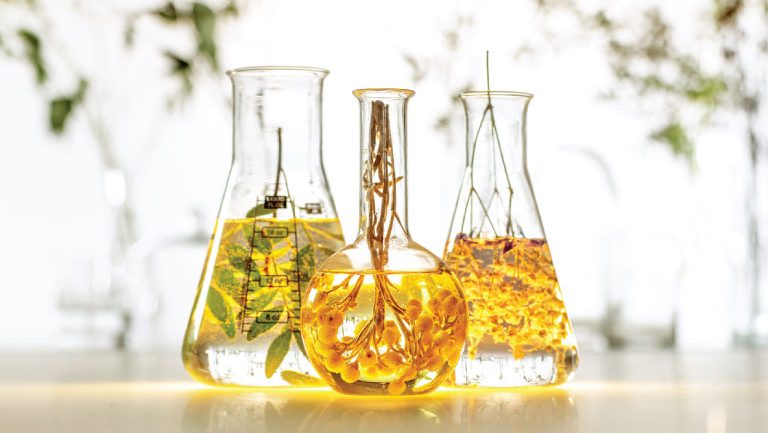
Common Essential Oils
Every essential oil is unique in its smell and potency. There are more than 90 types of it. The most popular ones are as follows:
- Lemon: boosts mood and energy and relieves anxiety
- Peppermint: reduces headaches, pain, and stomach issues
- Lavender: relaxation and relieves insomnia
- Cinnamon: relieves stress, pain, improve digestion and circulation
- Ylang-Ylang: anti-inflammatory, improves mood and enhances libido
- Jasmine: anti-inflammatory, reduces wrinkles and signs of aging
- Tea Tree: treats acne and soothes skin
- Rose: eases stress
- Sweet Orange: improves mood
- Sandalwood: improves sleep and diminishes anxiety
- Bergamot: relieves anxiety
- Eucalyptus: antibacterial, helpful for cold, cough, and congestion
- Grapefruit: reduce stress, great for hangovers, enhances mood






